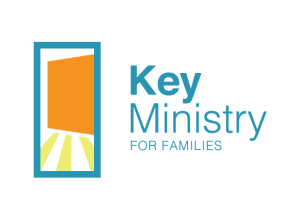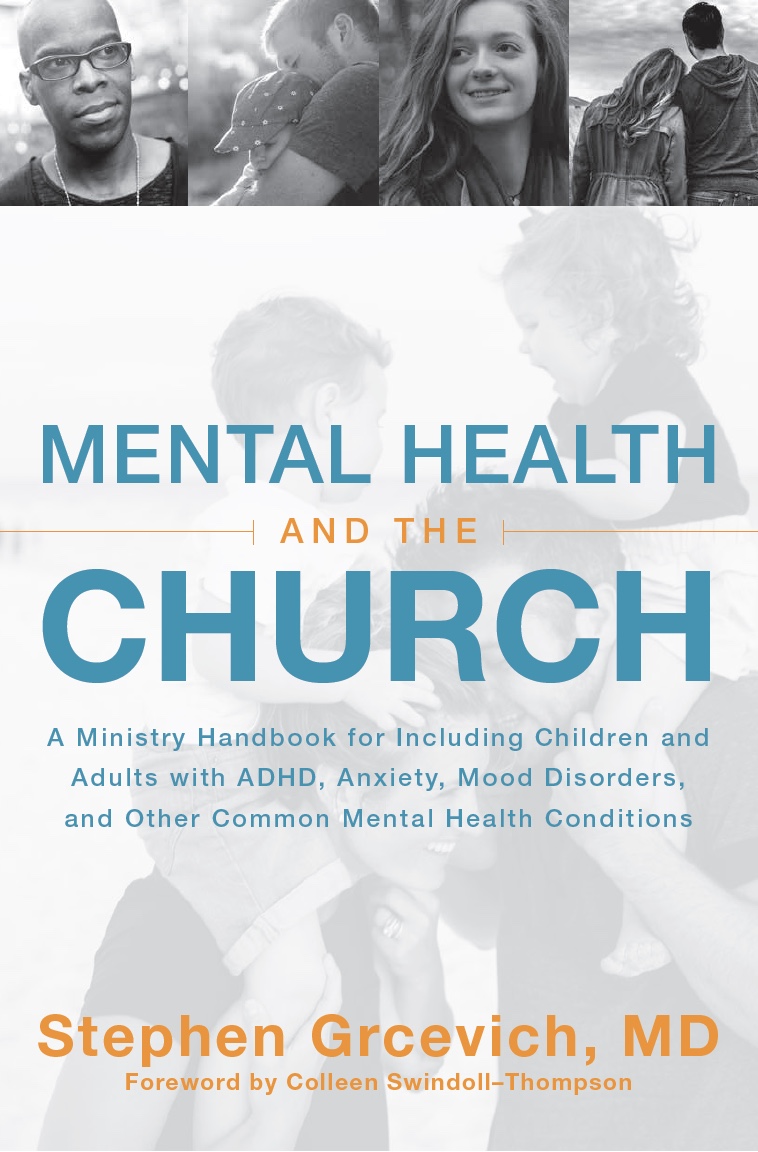 With the beginning of a new school year in Northeast Ohio, we can look forward soon to the beginning of a new year to for kids and families in our church programming, even if we can’t look forward to four months of winning football.
With the beginning of a new school year in Northeast Ohio, we can look forward soon to the beginning of a new year to for kids and families in our church programming, even if we can’t look forward to four months of winning football.
Transitions are highly anticipated by most kids and families. At the church we attend, preschoolers entering kindergarten start to attend elementary school large group worship next Sunday. Kids entering sixth grade begin middle school programming and small groups. Ninth graders have their own Sunday evening worship and start “house groups” the following week.
Kids with hidden disabilities and their families may not look forward to these transitions with the same anticipation as their peers at church. Transition times all too often result in kids and families falling away from church programming. With a little understanding of the ways in which transitions may impact kids with specific disabilities and some advance planning, church staff, volunteers and parents can help most have positive experiences as they progress into their age-appropriate ministry environments with the onset of the new program year.
Some kids may have more difficulty transitioning into environments with more sensory stimulation than they’ve been accustomed to. Kids with sensory integration disorders (common in kids with autism and ADHD) may experience distress when exposed to very bright lights, louder music and more noise than they’re accustomed to. Ministry leaders aware of kids with sensory issues may want to consider adjustments in the levels of lighting and amplification in advance of the child’s transition. If such adjustments aren’t practical, alternative arrangements can be made for kids during times of excessive sensory stimulation…offering opportunities to serve elsewhere in the church, use of videos or prerecorded worship music or other alternative worship activities.
Kids with anxiety may have more difficulty transitioning into large groups with many older kids with established peer groups and friendships. Imagine being a shy, reserved sixth grader walking into a room with lots of older (and more physically mature) kids hanging out with friends in pre-existing groups, or a high school freshman walking in on a group of 16 and 17 year-olds who drove to church. Designating leaders to personally welcome kids who appear to be alone can be helpful. Planning in advance for friends or acquaintances to join kids who are more shy or withdrawn until they’ve made solid connections with peers and group leaders is another useful strategy. Another approach involves having trusted group leaders “loop” for two year commitments…following kids through the transition from elementary to middle school or middle school to high school ministry.
Kids of middle and high school age with less well developed social skills may have difficulty transitioning into small group environments with more sophisticated peers. Transitions become easier when ministry leaders and parents can create a peer culture accepting of kids with differences.
Be on the lookout during the transitions at the beginning of the program year for kids who have regularly participated in your church’s programming for children and youth but are suddenly missing from their age-appropriate activities. They may represent a portion of your kids with hidden disabilities.
***********************************************************************************************************
 Key Ministry helps connect churches and families of kids with disabilities for the purpose of making disciples of Jesus Christ. In order to provide the free training, consultation, resources and support we offer every day to church leaders and family members, we depend upon the prayers and generous financial support of readers like you. Please pray for the work of our ministry and consider, if able, to support us financially!
Key Ministry helps connect churches and families of kids with disabilities for the purpose of making disciples of Jesus Christ. In order to provide the free training, consultation, resources and support we offer every day to church leaders and family members, we depend upon the prayers and generous financial support of readers like you. Please pray for the work of our ministry and consider, if able, to support us financially!





Awesome post! Thanks
LikeLike